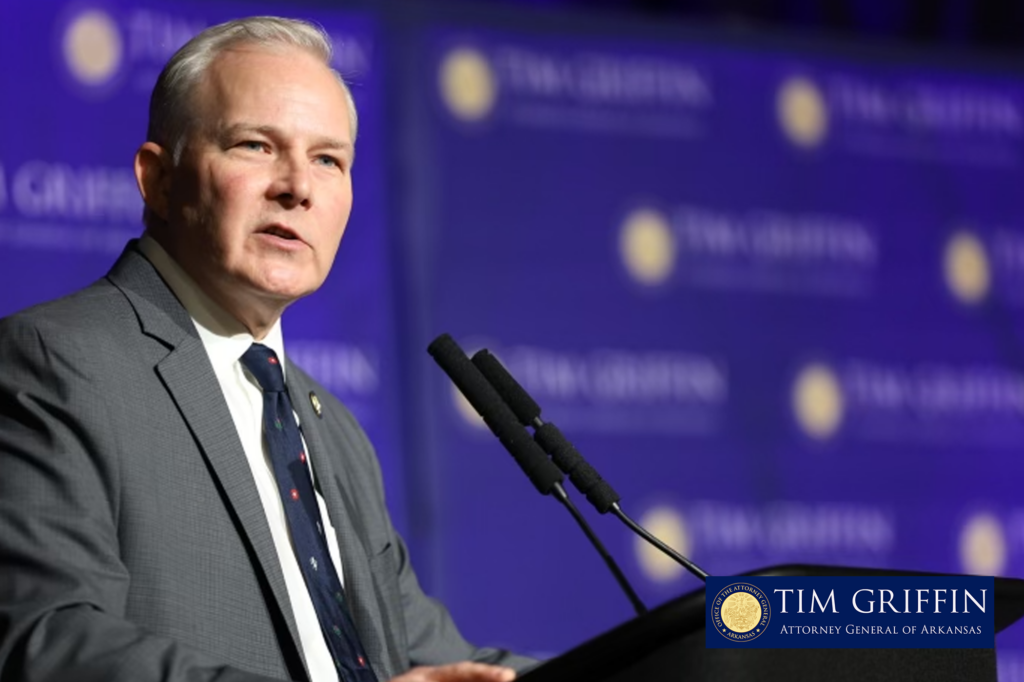WASHINGTON––U.S. Senator John Boozman (R-AR) and Representative French Hill (R-AR-02) introduced the S. Corporation Additional Participation (S-CAP) Act, legislation to increase the maximum number of employees who can become shareholders in an S Corporation (S Corps) from 100 to 250.
“Congress has a duty to shape the tax code with pro-growth policies that spur job creation and capital investment. S Corps are an important element in that framework that also help empower employees with expanded economic opportunity through the enterprise they know and trust most,” said Boozman. “Congress has adjusted S Corps shareholder caps previously, and our bill is another simple but important tax code reform that will benefit millions of small businesses and the hardworking Americans who drive their success.”
“As a former community banker, I have a deep appreciation for the importance of S Corporations. They are an invaluable tool that helps workers and small businesses alike. That is why I am pleased to introduce the S-CAP Act, which will expand access to the benefits of S Corps,” said Hill. “By increasing equity participation for employees in private companies, S Corps have given more and more families the opportunity to achieve the American Dream. They improve employee retention, motivation, and productivity, and they increase the ability for companies to access capital through diverse sources. S Corps also empower Americans to climb the economic ladder and build generational wealth. This bill will build on the success of S Corps by increasing the number of shareholders they can have. It is a simple change that will have a dramatic positive impact on thousands, if not millions, of hardworking Americans.”
The S-CAP Act is endorsed by Nabholz Construction, the Subchapter S Bank Association, TransPecos Banks and the American Council of Engineering.
“In 1949, my grandfather, Bob Nabholz embarked on a journey to build a house for himself and his wife, setting in motion the start of a construction legacy that has thrived for more than 75 years. Today we have 16 offices in seven states and employ more than 1,700 professionals with an expected 2025 revenue of over $1.8 billion. In 1976, Bob saw the value in offering ownership to key employees and invited the first group of team members to become shareholders. He felt it was important to give employees an opportunity to shape the future of our company and have a personal stake in our long-term success. That tradition continues to this day. Employee ownership has been a cornerstone of our company’s success for nearly 50 years. We are very proud of our employee owners and the impact they have on our company and the communities we live in. The proposed increase in the S Corp shareholder cap will give us the ability to offer many more well-deserving employees the opportunity to become owners of Nabholz Construction. We are grateful to Senator Boozman and Congressman Hill for sponsoring this legislation which will help reward and retain top talent, ensuring the long-term growth and success of our company. We respectfully encourage Congress to pass this legislation,” said Nabholz Construction Corporation Chief Executive Officer Jake Nabholz.
Background:
In the United States, S Corps are the most common corporate structure, created in 1958 to help shield family-owned businesses from the double taxation treatment imposed on C Corporations (“C Corps”).
When established, Congress limited the number of S Corps shareholders to 10.
Congress, in recognition of the power of S Corps to create jobs and grow the economy, has increased the number of permitted shareholders multiple times, with the most increase raising the cap to 100 in 2004.
While the 100 shareholder cap was appropriate over twenty years ago, evolving technology, enhanced global competition, and changing regulatory landscapes have made it such that U.S. small businesses need greater flexibility to grow and attract top talent. This is why it’s time for Congress to modernize the shareholder cap.
In Arkansas, there are 318,525 S Corp employees across the entire state and 38,533,460 nationwide.

























